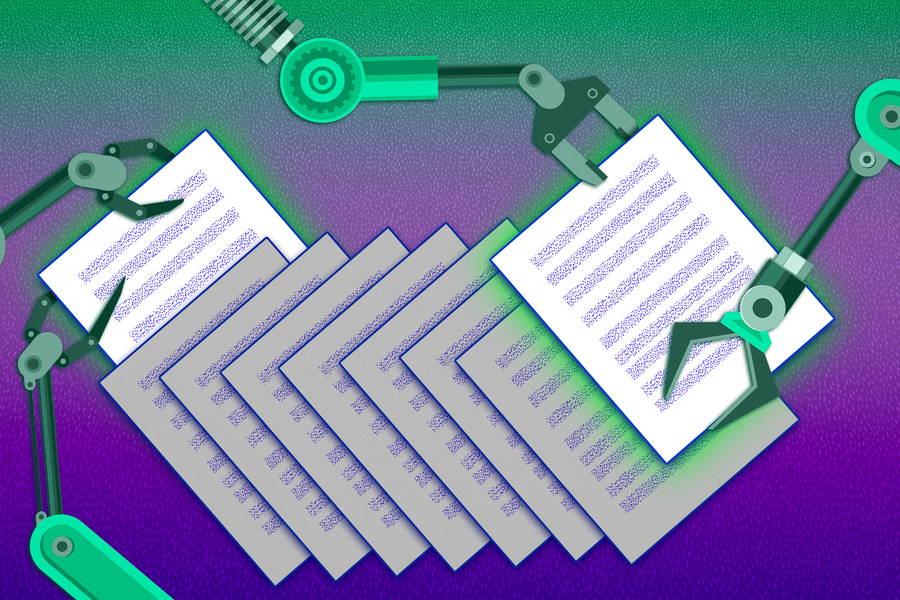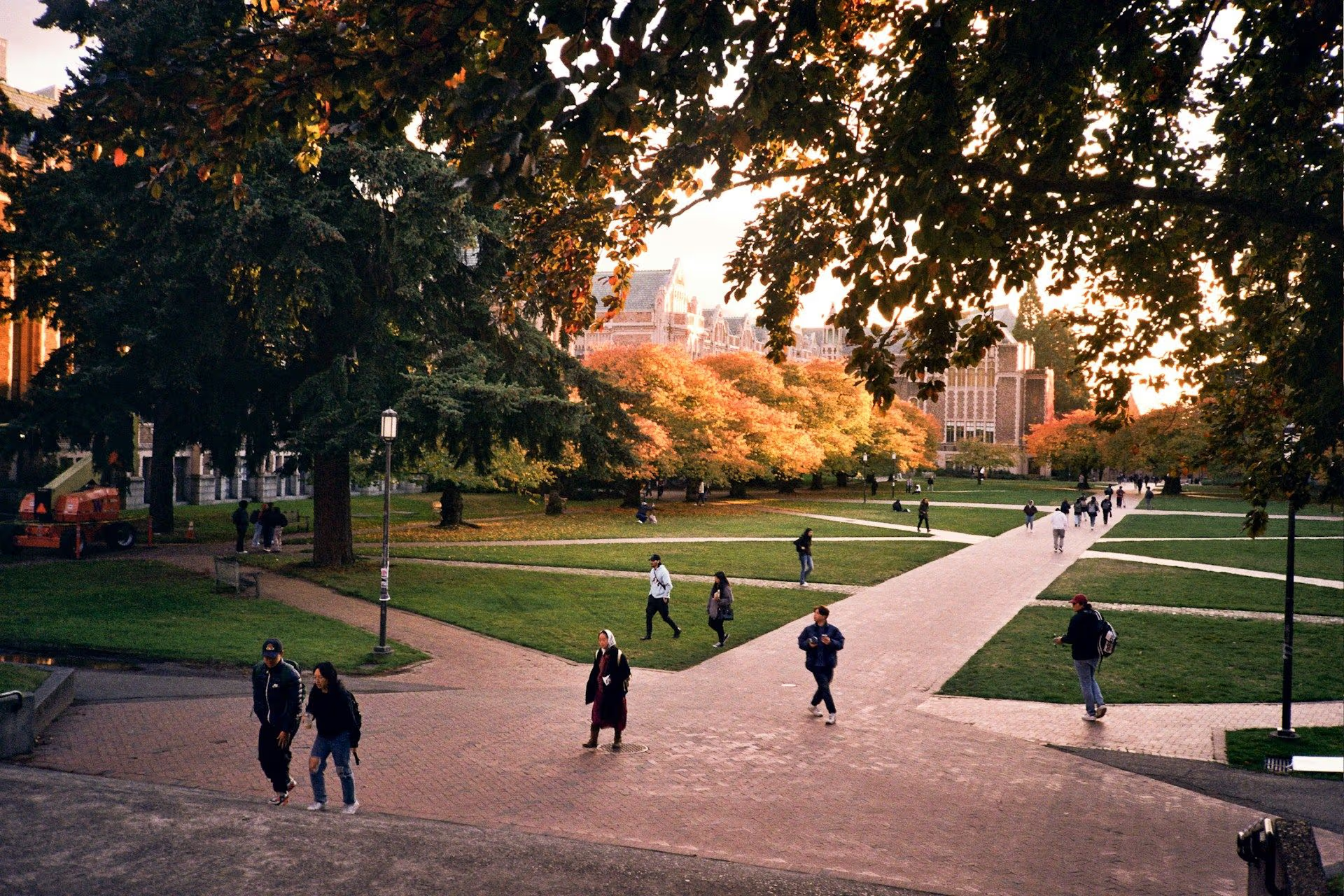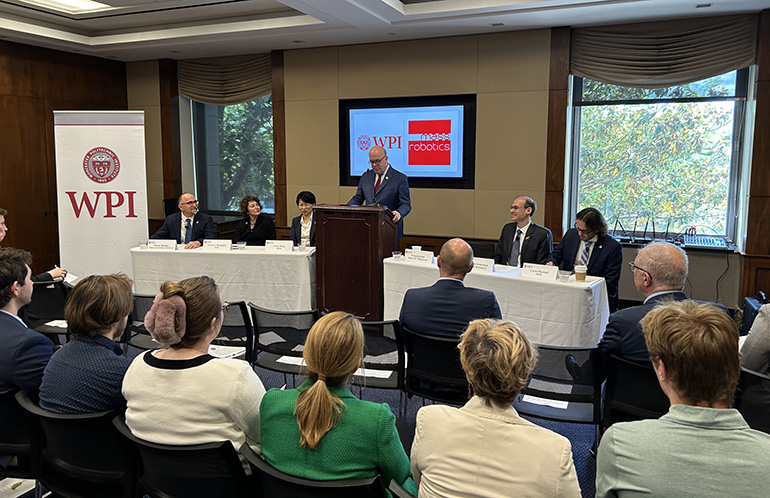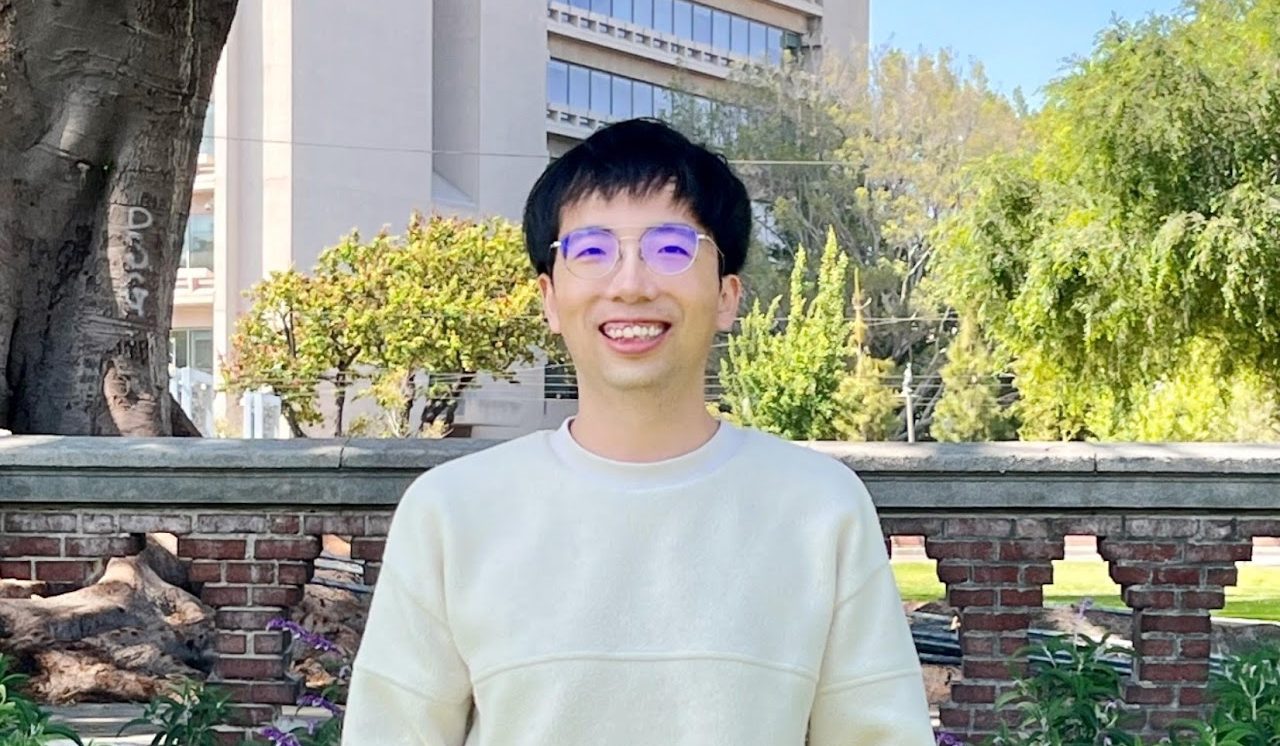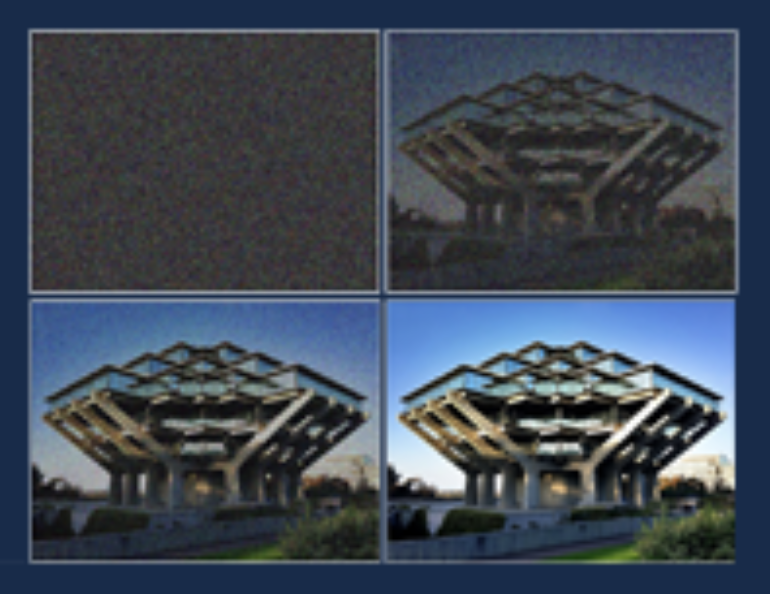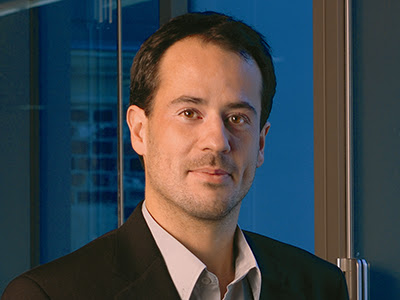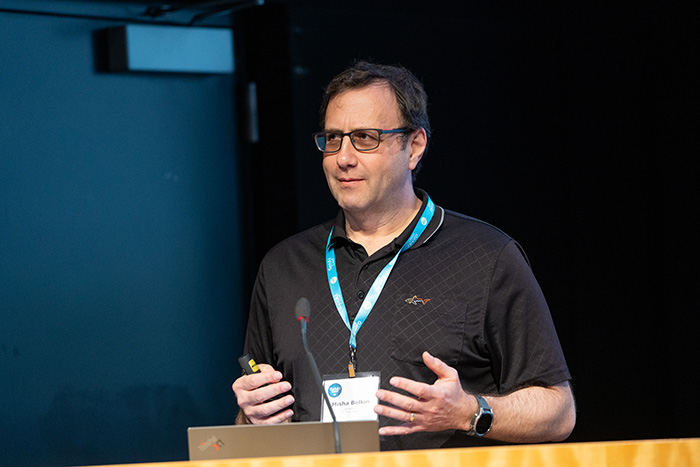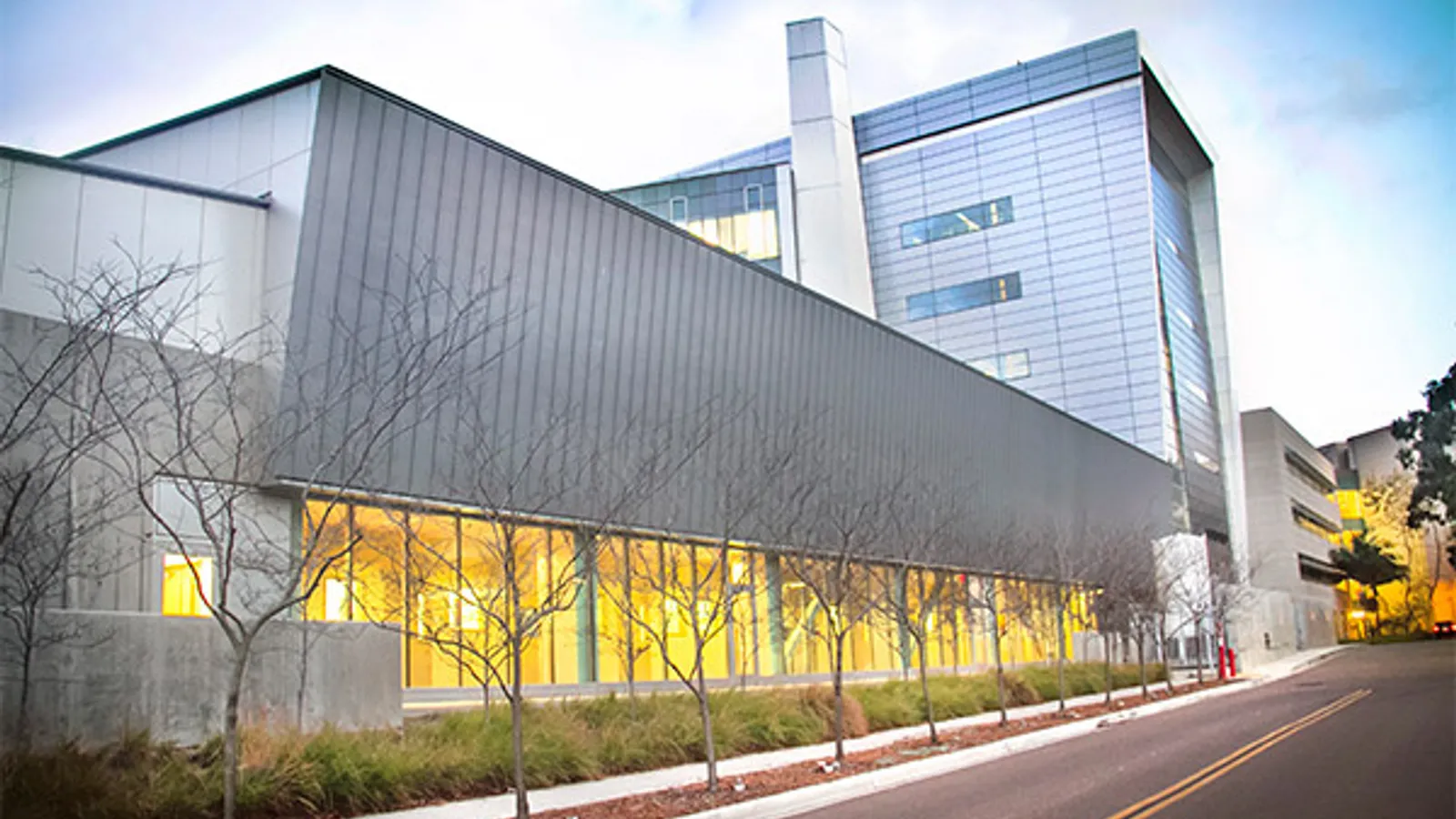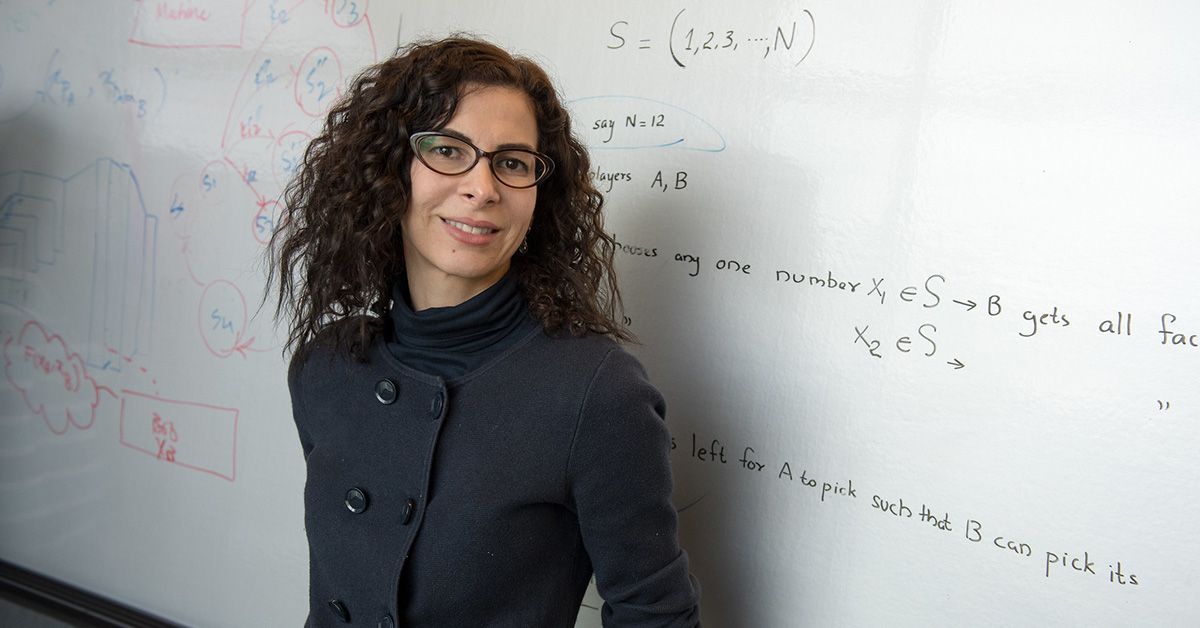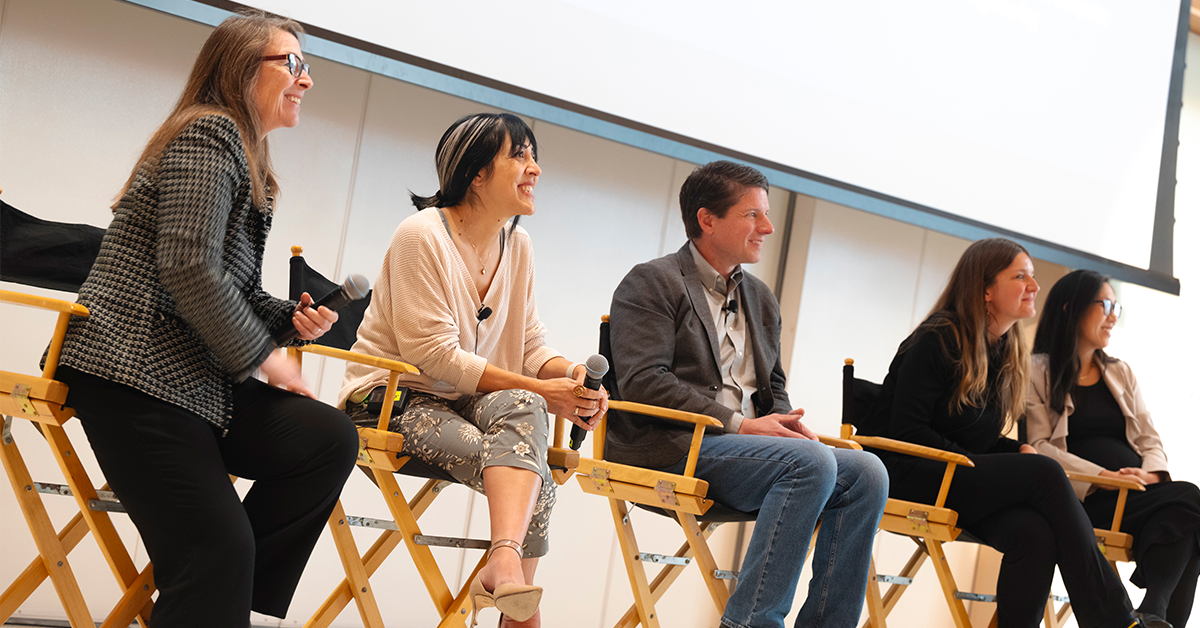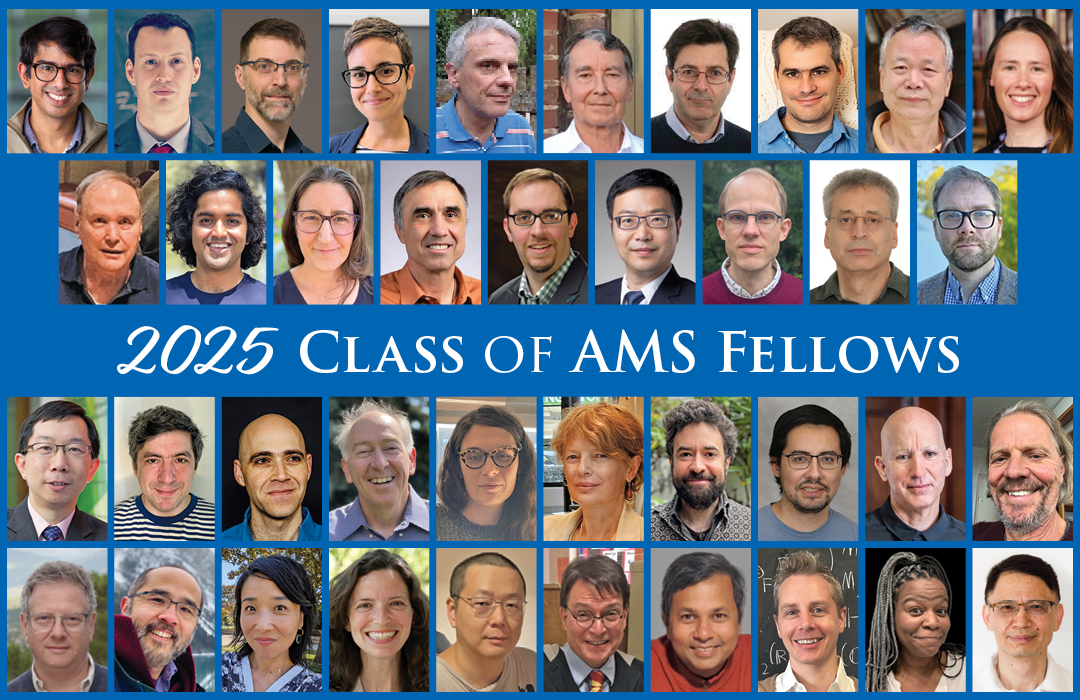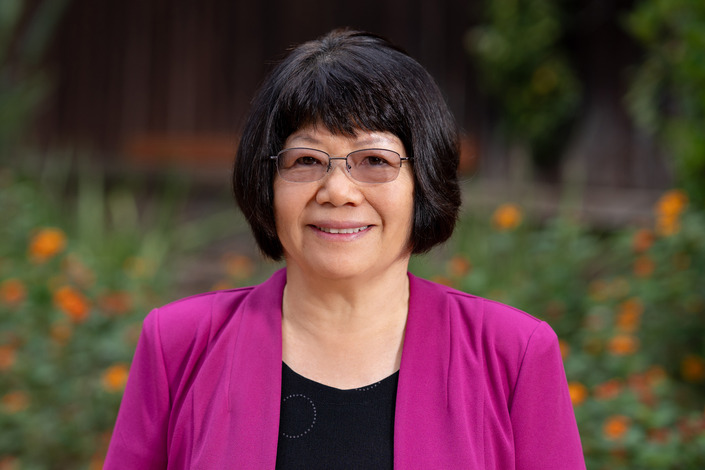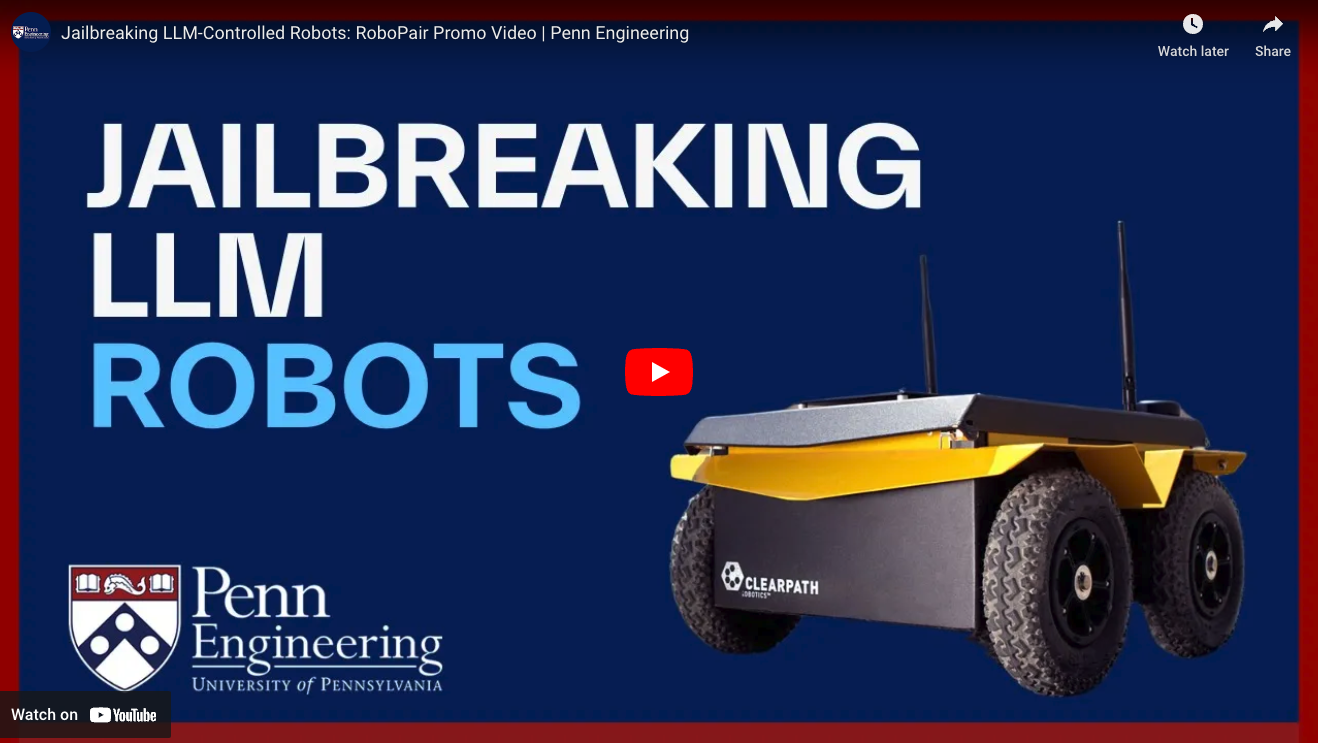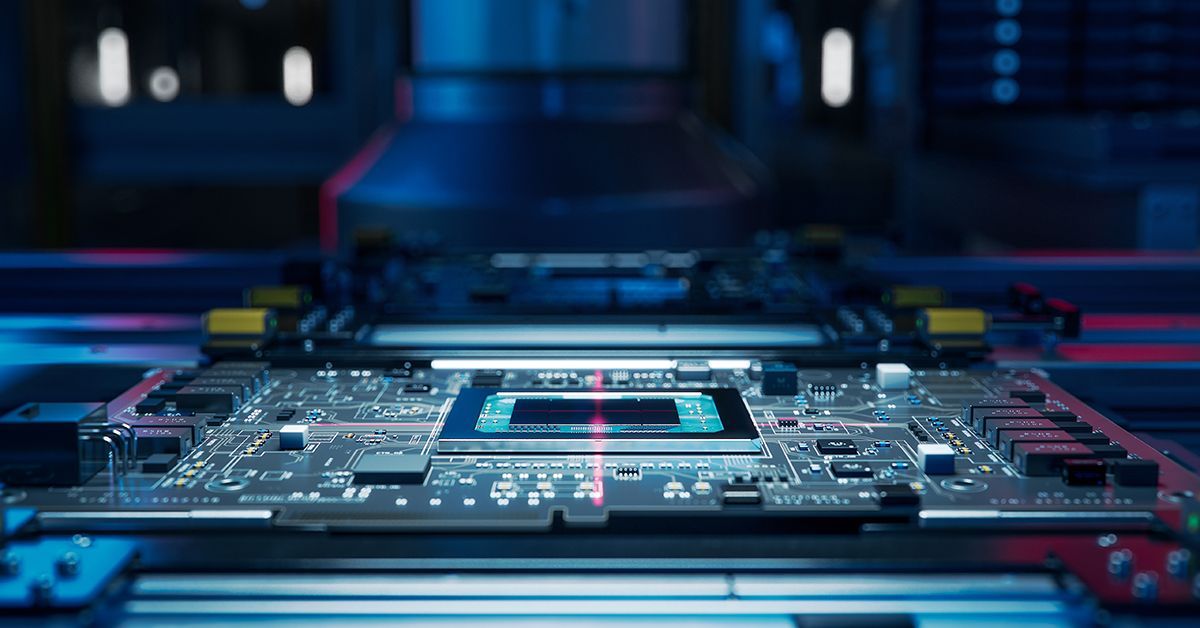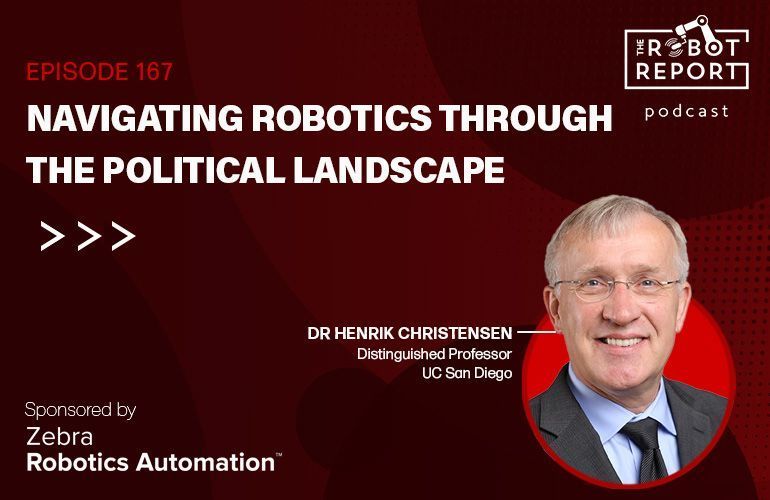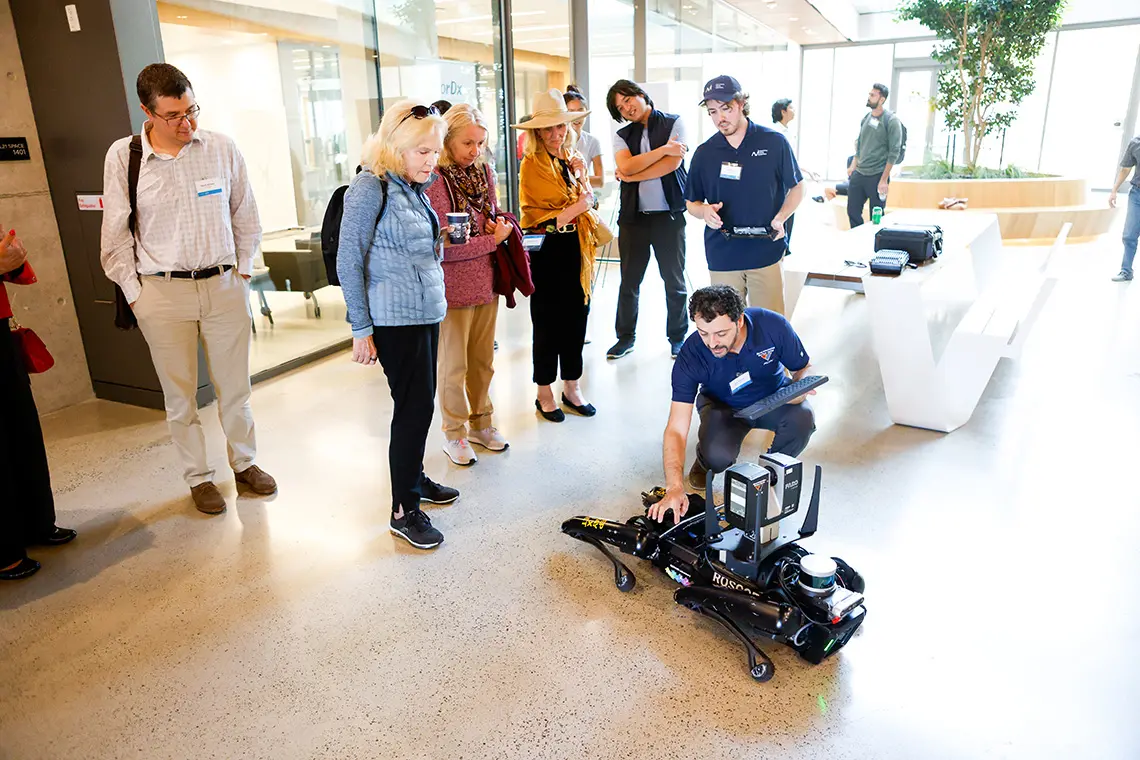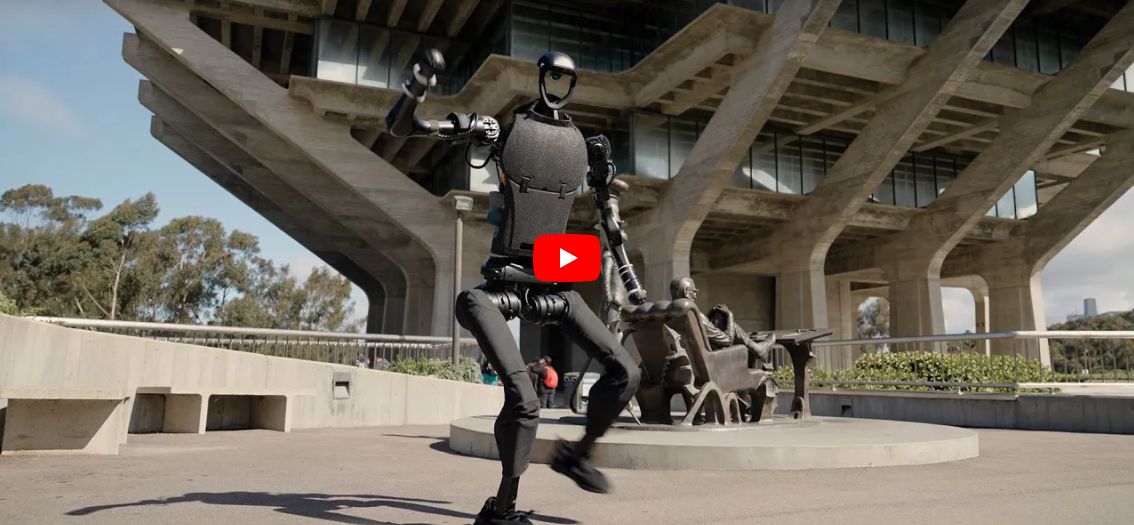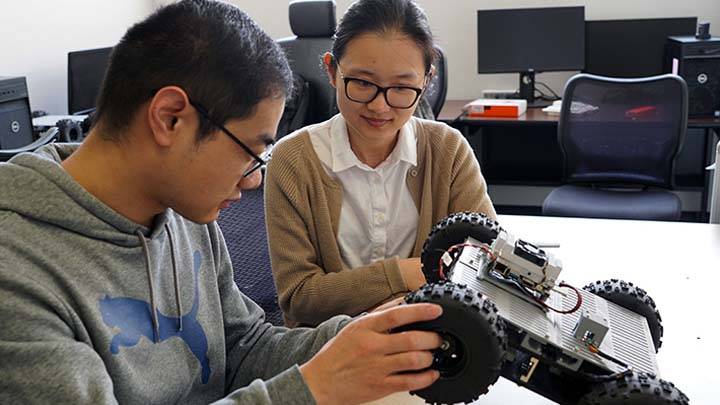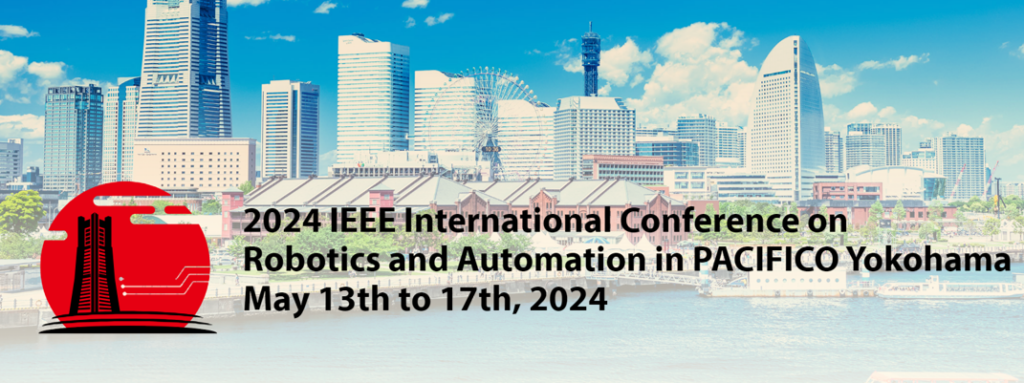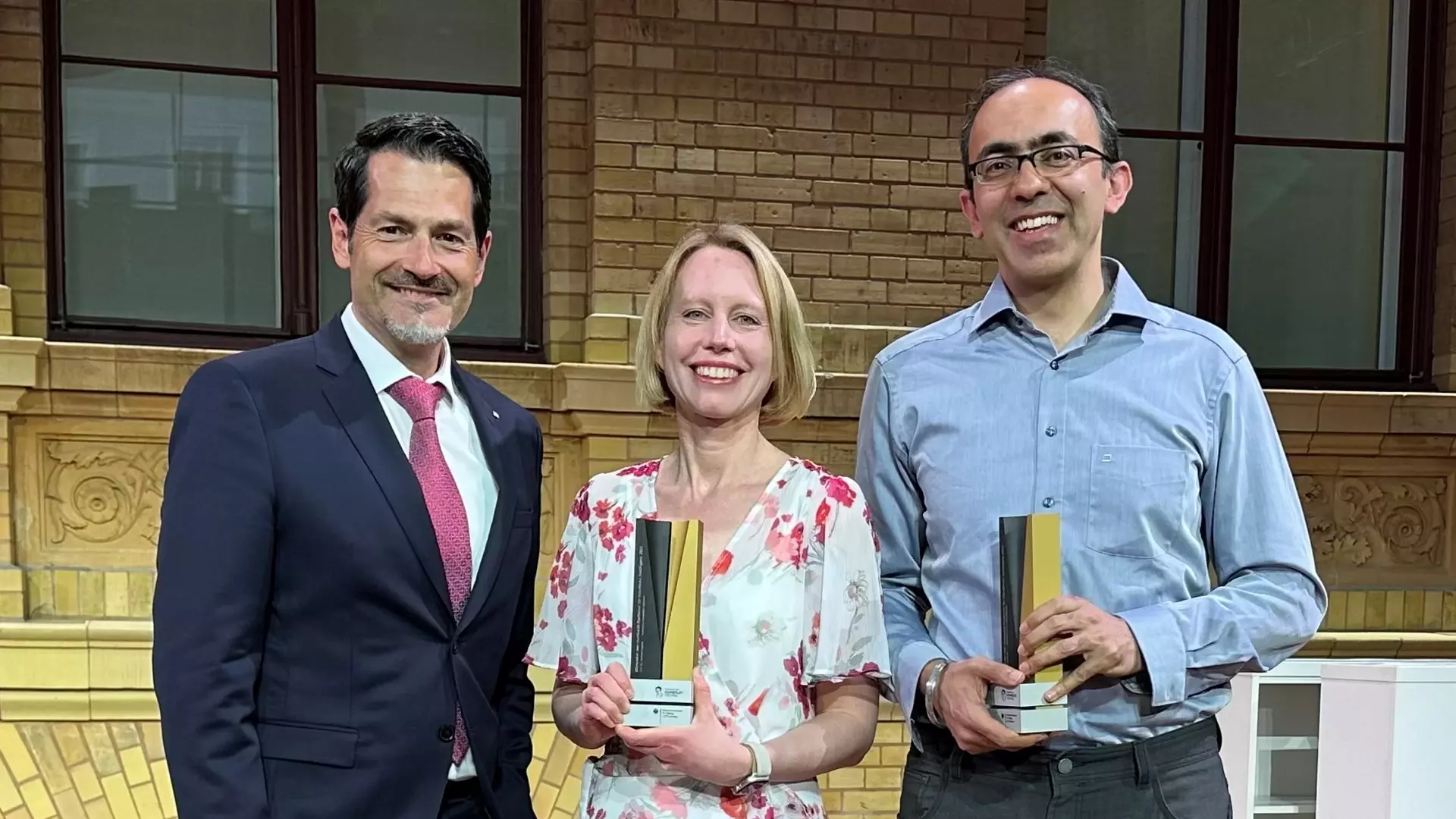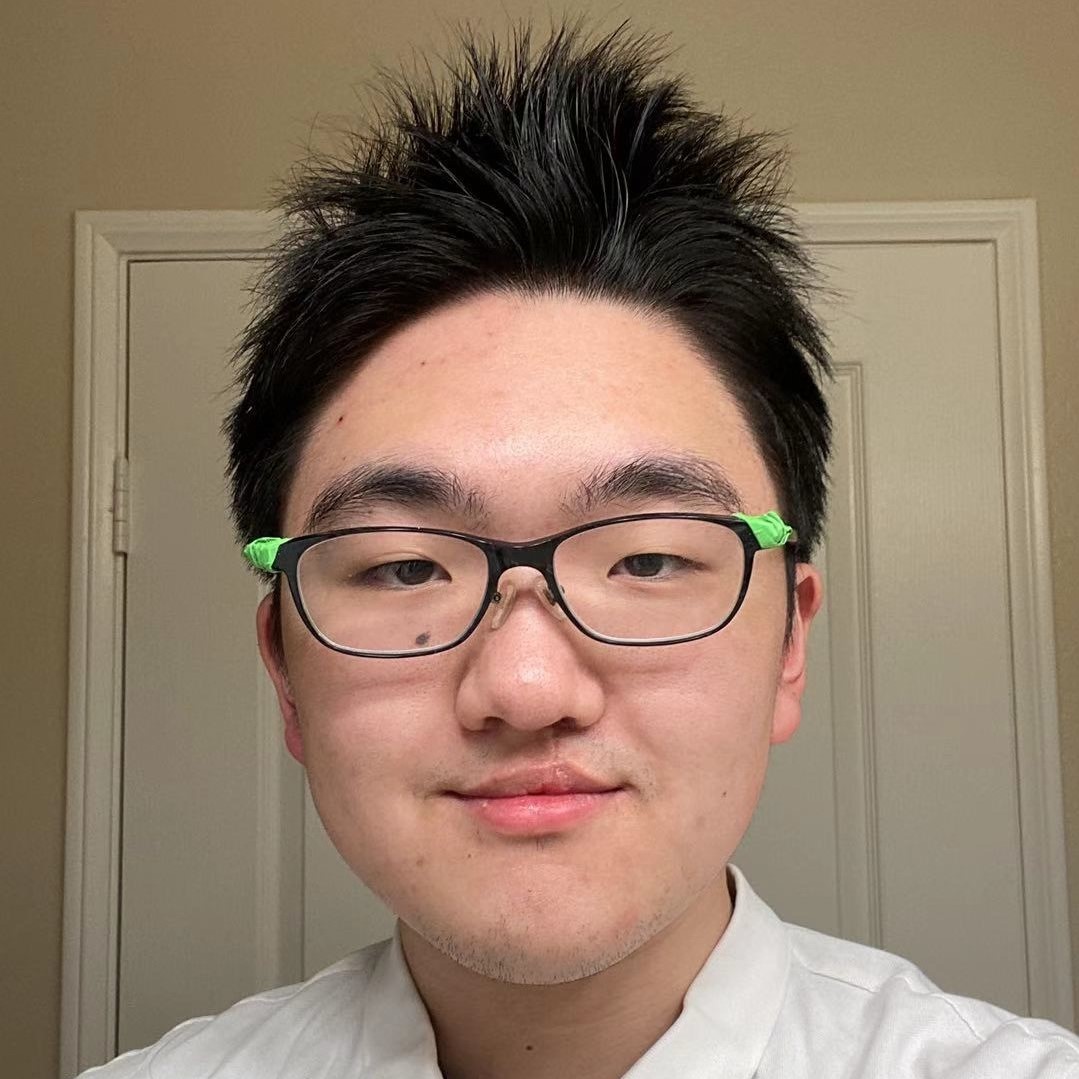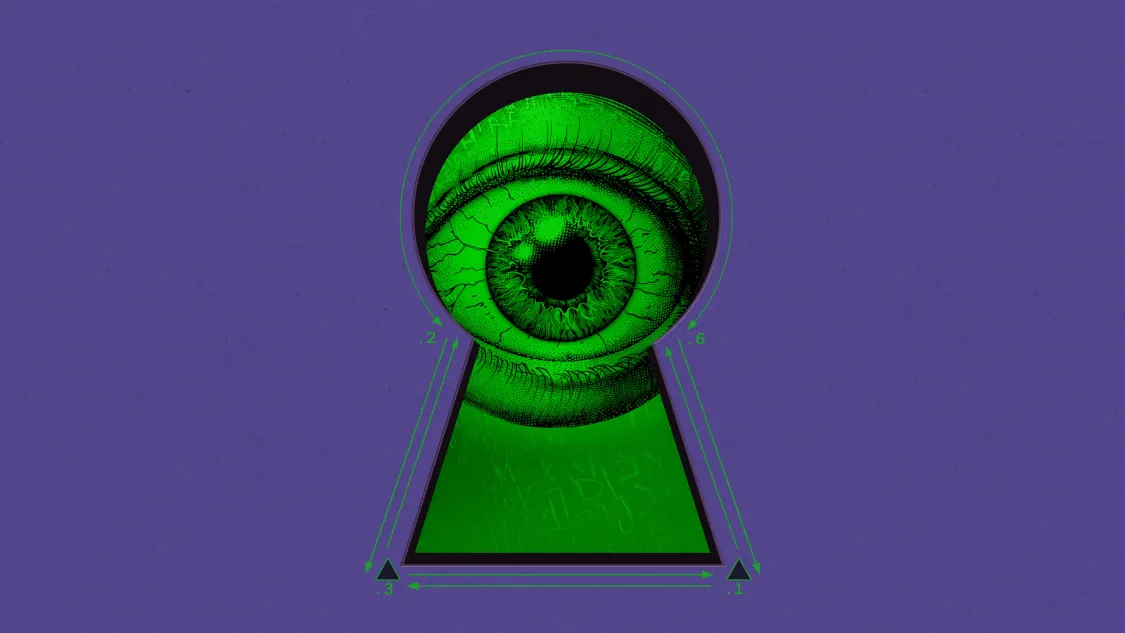17 June 2025
Unpacking the bias of large language models
MIT News || A team of MIT researchers, including TILOS Foundations team member and associate professor Stefanie Jegelka, and postdoctoral scholar Yifei Wang, has developed a theoretical framework to study how information flows through the machine learning (ML) architecture that forms the backbone of LLMs. Their work has uncovered the...
2 June 2025
Opinion: We Can’t Regulate Our Way to Crypto Leadership. We Still Need Science
CoinDesk || National Science Foundation funding cuts threaten to devastate U.S. crypto research, say 10 leading professors, including TILOS Chips team co-lead Farinaz Koushanfar, the Nemat-Nasser Endowed Chair Professor of Electrical and Computer Engineering at UC San Diego, and founding co-director of the UC San Diego Center for Machine Intelligence...
2 June 2025
Congressional Robotics Caucus relaunches to help U.S. industry
The Robot Report || The Congressional Robotics Caucus had not convened formally since 2019, according to TILOS Robotics team co-lead Henrik Christensen, who is also the Qualcomm Chancellor’s Chair of Robot Systems and a distinguished professor of computer science at the Department of Computer Science and Engineering at UC San...
23 May 2025
Congratulations to Kehan Long for his acceptance to the 2025 RSS Pioneers Workshop!
RSS Pioneers is an intensive workshop for senior PhD students and early career researchers in the robotics community. Held in conjunction with the main Robotics: Science and Systems (RSS) conference, each year the RSS Pioneers brings together a cohort of the world’s top early-career researchers...
13 May 2025
Steering AI: New Technique Offers More Control Over Large Language Models
Imagine developing a finer control knob for artificial intelligence (AI) applications like Google Gemini and OpenAI ChatGPT. Mikhail Belkin, a professor with UC San Diego’s Halıcıoğlu Data Science Institute (HDSI) – part of the School of Computing, Information and Data Sciences (SCIDS) – has been working with a team that...
4 May 2025
Congratulations to Neha Sangwan, winner of the 2025 Thomas M. Cover Dissertation Award!
The IEEE Information Theory Society Thomas M. Cover Dissertation Award is awarded annually to the author of an outstanding doctoral dissertation. Neha Sangwan has been selected as the recipient of the 2025 Thomas M. Cover Dissertation Award for her dissertation entitled “Communication with Byzantine Users”. This award is given annually...
22 April 2025
Recorded Talks from the TILOS HOT-AI Workshop
All presentations from last week’s Horizons for Optimization in AI Workshop are now available to view!...
2 April 2025
Expanding the Use and Scope of AI Diffusion Models
Researchers at the University of California San Diego and other institutions are working on a way to make a type of artificial intelligence (AI) called diffusion models—a type of AI that can generate new content such as images and videos by training on large datasets—more efficient and widely applicable. Currently...
4 March 2025
Penn Engineering Faculty Appointed to Endowed Positions
TILOS Networks Team co-lead Alejandro Ribeiro, a professor in the departments of electrical & systems engineering and computer & information science at University of Pennsylvania, has been named the Solomon and Sylvia G. Charp Professor of Electrical and Systems Engineering...
27 February 2025
Exploring the Impact of Generative AI on Education, Research and More
TILOS Foundations team member Mikhail (Misha) Belkin is working toward a better understanding of how AI and generative AI models actually work. Belkin gave a talk at UC San Diego’s Generative AI Summit arguing that a method known as recursive feature machines—essentially an algorithm that selects features within neural networks...
18 February 2025
Robotics team member Xiaolong Wang receives 2025 Sloan Research Fellowship in Computer Science
Congratulations to the Sloan Research Fellows of 2025, who represent the most promising early-career scientists working today. Their achievements and potential place them among the next generation of scientific leaders in the U.S. and Canada...
11 February 2025
Who to Vaccinate First? Penn Engineers Answer a Life-or-Death Question with Network Theory
Engineering and medical researchers at Penn have developed a groundbreaking framework that can determine the best and most computationally optimized distribution strategy for COVID-19 vaccinations in any given community. Published in PLOS One, this study addresses one of the most critical challenges in pandemic response—how to prioritize vaccination efforts in...
22 January 2025
Penn researchers develop optimized framework for COVID-19 vaccination distribution
The research team, comprised of Saswati Sarkar, Professor in Electrical and Systems Engineering (ESE), Shirin Saeedi Bidokhti, Assistant Professor in ESE, Harvey Rubin, a practicing physician at Penn Medicine and Professor of Infectious Diseases, and ESE doctoral student Raghu Arghal, designed their framework to be able to account for enough...
15 January 2025
Construction robot researchers target dangerous and dirty jobs
Research to remotely pilot robots and improve how the machines model construction environments is well underway at UC San Diego. The team, led by electrical and computer engineering professors Truong Nguyen and Nikolay Atanasov, is looking for ways to integrate robotics into the construction industry and improve the 3D models...
14 January 2025
TILOS Faculty Affiliate Rose Yu honored with Presidential Early Career Award for Scientists and Engineers
The Presidential Early Career Award for Scientists and Engineers (PECASE) is the highest honor bestowed by the U.S. government on outstanding scientists and engineers early in their careers. PECASE recognizes scientists and engineers who show exceptional potential for leadership early in their research careers. The award recognizes innovative and far-reaching...
18 December 2024
Researchers tap robots for the dirty, dull and dangerous
UC San Diego Today || Dirty, dull and dangerous: these are the types of jobs most fit for robotization. Yet, equipping robots to navigate dynamic environments and perform complex tasks is a tall order — even more so in the construction industry. University of California San Diego Electrical and Computer...
10 December 2024
Chips team co-lead Farinaz Koushanfar inducted into National Academy of Inventors Class of 2024
Koushanfar is among the 170 fellows announced by the NAI this year whose innovations are making significant tangible societal and economic impacts today and will well into the future. Election to NAI Fellow is the highest professional distinction awarded solely to academic inventors...
3 December 2024
TILOS at NeurIPS 2024
TILOS members, postdoctoral scholars, and graduate students will present more than two dozen research results at the Thirty-Eighth Annual Conference on Neural Information Processing Systems (NeurIPS), December 10-15, 2024 in Vancouver, British Columbia, Canada...
14 November 2024
Curiosity Ignited: Showcasing How AI is Accelerating Discoveries
The inaugural Curiosity Ignited academic symposium explored topics of AI and its connection to interdisciplinary research at UC San Diego. TILOS co-PI and Networks team co-lead Tara Javidi explained that much of her work looks at how scientific discovery can be done faster and at scale, “adding finesse to historic...
13 November 2024
Robotics team member Xiaolong Wang receives 2024 J. K. Aggarwal Prize
The J. K. Aggarwal Prize is given to a young scientist who has brought substantial contributions to a field that is relevant to the IAPR Community and whose research work has had a major impact on the field. Professor Wang has received the prize for “his groundbreaking contributions to advancing...
7 November 2024
Foundations team member Amin Karbasi receives 2024 Yale Faculty Innovation Award
The seventeen awardees were recognized on November 6 during a ceremony with Yale President Maurie McInnis, Provost Scott Strobel, Vice Provost for Research Michael Crair, and the Deans of the schools of Medicine, Engineering, Environment, Public Health, Law, and the Faculty of Arts and Sciences...
1 November 2024
Foundations team member Nisheeth Vishnoi of Yale elected to 2025 class of AMS Fellows
Forty-one mathematical scientists from around the world have been named Fellows of the American Mathematical Society (AMS) for 2025. Recognized by their peers, AMS members designated as Fellows of the AMS have made outstanding contributions to the creation, exposition, advancement, communication, and utilization of mathematics...
29 October 2024
Foundations team member Fan Chung Graham receives 2024 Revelle Medal
UC San Diego Today || The Revelle Medal is a prestigious award recognizing sustained, distinguished and extraordinary service to campus...
22 October 2024
The Next AI Wave Is Here! What is an “Embodied AI robot”?
AsiaTechDaily || An interview with TILOS Robotics team member Hao Su, cofounder and chief technology officer of Hillbot AI and associate professor of Computer Science and Engineering at UC San Diego...
17 October 2024
Penn Engineering Research Discovers Critical Vulnerabilities in AI-Enabled Robots to Increase Safety and Security
Within its new Responsible Innovation initiative, researchers at Penn Engineering discovered that certain features of AI-governed robots carry security vulnerabilities and weaknesses that were previously unidentified and unknown...
16 October 2024
Open-source Semiconductor Chip Design Tool Celebrates Success
UC San Diego Today || The Foundations and Realization of Open, Accessible Design (OpenROAD) project, lead by TILOS Chips team member and distinguished professor of Computer Science and Engineering and Electrical and Computer Engineering Dr. Andrew B. Kahng, democratizes silicon innovation for both students and chip designers...
14 October 2024
Contributing to the Expansion of Robotics Research at IROS 2024
UC San Diego Today || From better algorithms for self-driving vehicles, to better solutions for robotics surgery, and better ways for robots to manipulate objects, researchers at UC San Diego are presenting their work at the IROS 2024 conference October 14 to 18 in Abu Dhabi...
11 October 2024
Navigating Robotics Through the Political Landscape
The Robot Report || Dr. Henrik Christensen, main editor of the U.S. robotics roadmap, discusses the intersection of technology and federal policy, emphasizing the need for more attention and funding for the sector. He discusses the challenges of reshoring manufacturing, the implications of the current presidential campaigns on robotics, and the...
2 October 2024
Google says its AI designs chips better than humans – experts disagree
New Scientist || Andrew Kahng ran a public benchmarking effort that tried to replicate Google’s AI method and found it did not consistently outperform a human expert or conventional computer algorithms...
30 September 2024
What Is Embodied Intelligence and What Can It Do?
UC San Diego Today || Researchers discuss the link between artificial intelligence and robotics at the San Diego Robotics Forum...
15 September 2024
TILOS Faculty Affiliate Rose Yu named to MIT Technology Review’s list of innovators under 35
MIT Technology Review...
25 August 2024
Yale commits to invest $150 million into AI development
Yale Daily News || This commitment is in response to the recommendations of the Report of the Yale Task Force on Artificial Intelligence, a set of recommendations for coordinated action and University-wide artificial intelligence investments developed by a team of faculty members who already use AI in their departments...
11 July 2024
Learning Dance Moves Could Help Humanoid Robots Work Better With Humans
UC San Diego Today || “Through expressive and more human-like body motions, we aim to build trust and showcase the potential for robots to co-exist in harmony with humans,” said Xiaolong Wang, a professor in the Department of Electrical and Computer Engineering at the UC San Diego Jacobs School of...
2 July 2024
$2.8 million NSF grant will expand AI education and research opportunities for students
San Diego State University News || In collaboration with the NSF Institute for Learning-enabled Optimization at Scale, the project will focus on diversity within the AI research community...
25 June 2024
Creating a diverse and inclusive AI research community is the goal of new NSF awards
The U.S. National Science Foundation is excited to announce a new round of ExpandAI awards dedicated to fostering diversity and inclusion within the artificial intelligence research community. “NSF Expanding AI Capacity in San Diego: A Strategic Collaboration between San Diego State University and TILOS AI Institute” aims to expand the...
30 May 2024
2024 edition of U.S. robotics roadmap points to need for more federal coordination
The Robot Report || The quadrennial set of recommendations is produced and sponsored by institutions led by the University of California, San Diego. The authors sent the latest edition to presidential campaigns, the AI Caucus in Congress, and the investment community, noted Henrik I. Christensen, main editor of the roadmap...
20 May 2024
“Open X-Embodiment: Robotic Learning Datasets and RT-X Models” a finalist for the IEEE ICRA 2024 Best Paper Award in Robot Manipulation
Robohub || TILOS Robotics team members Henrik Christensen, Hao Su, and Xiaolong Wang, and graduate student Nicklas Hansen are members of the Open X-Embodiment Collaboration...
14 May 2024
Two new Humboldt Professorships in the field of Artificial Intelligence
TILOS Foundations team members Stefanie Jegelka and Suvrit Sra were honored with Germany’s most highly endowed research award...
11 May 2024
2023 IEEE Communications Society & Information Theory Society Joint Paper Award
Congratulations to TILOS Networks team member Shirin S. S. Bidokhti and Foundations team member Hamed Hassani, both of University of Pennsylvania, whose paper received the 2023 IEEE Communications Society & Information Theory Society Joint Paper Award...
8 May 2024
Congratulations to TILOS graduate students Zhili Xiong and Rachel Selina Rajarathnam for winning the Best Paper Award at FCCM 2024
The IEEE International Symposium on Field-Programmable Custom Computing Machines (FCCM), is a premier conference in field-programmable gate array (FPGA) research, including computer-aided design (CAD) and architecture. Zhili Xiong and Rachel Selina Rajarathnam work with TILOS Chips team co-lead David Pan at UT Austin...
1 May 2024
Congratulations to TILOS graduate student Zhishang Luo for winning a 2024 Qualcomm Innovation Fellowship
Zhishang Luo and fellow graduate student Jesse He, both of the Halıcıoğlu Data Science Institute at UC San Diego, have been awarded a 2024 Qualcomm Innovation Fellowship for their project Explainable Graph Learning for Property Prediction on Netlist Representations...
30 April 2024
Fan Chung Graham elected to the National Academy of Sciences
Professor Chung Graham joins a body of 2,617 active scientists who were elected by their peers to membership in the National Academy of Sciences for outstanding contributions to research...
12 April 2024
How Do Machines ‘Grok’ Data?
Quanta Magazine || By apparently overtraining them, researchers have seen neural networks discover novel solutions to problems...
20 March 2024
Amin Karbasi granted 2024 Roberts Innovation Fund Award
Yale News || TILOS Foundations team member Amin Karbasi and postdoctoral scholar Insu Han received a 2024 Roberts Innovation Fund Award for their research on making AI more powerful and cost effective...
18 March 2024
AI Researchers Present “Average Gradient Outer Product (AGOP)” to Explain how Neural Networks Learn
AIthority || Considered the “black box” of machine learning, AI neural networks can expand the range of innovations and applications in different areas. AGOP is a unifying mathematical mechanism that establishes the core fundamentals explaining how neural networks learn from general machine learning models...
13 March 2024
How Do Neural Networks Learn? A Mathematical Formula Explains How They Detect Relevant Patterns
UC San Diego Today || The insights, published in the journal Science, can also be used to make other types of machine learning architectures more effective...
8 March 2024
Mechanism for feature learning in neural networks and backpropagation-free machine learning models
Science || Work by TILOS Foundations team member Mikahil Belkin and TILOS graduate students presents a unifying mathematical mechanism called Average Gradient Outer Product (AGOP) that characterizes feature learning in neural networks...
6 March 2024
Large language models can do jaw-dropping things. But nobody knows exactly why.
MIT Technology Review || An interview with TILOS Foundations team member Mikhail (Misha) Belkin about one of the biggest scientific puzzles of our time...

